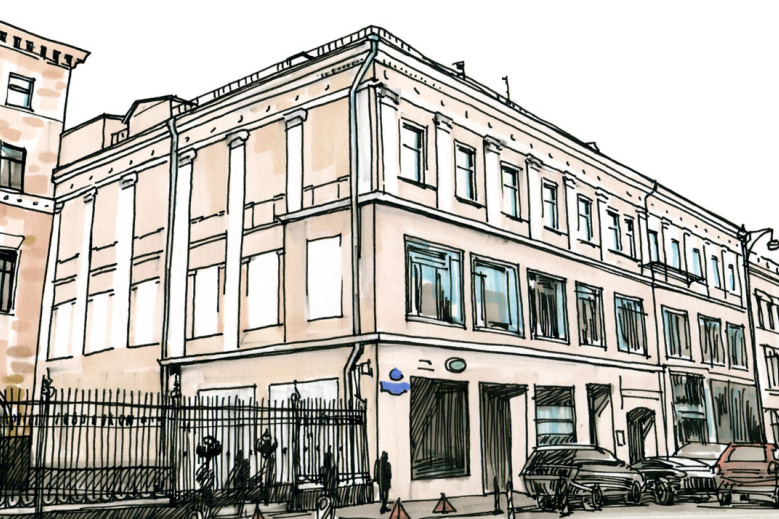A Fresh Look at the Dynamics of Political Radicalization
On 12 January, Chares Demetriou presented his book The Dynamics of Radicalization: A Relational and Comparative Perspective at a seminar of the Laboratory for Economic-Sociological Research. His main research interests are in issues of legitimacy and political violence, social movements and nationalism. In his lecture, Demetriou presented new ways of analysing the radicalisation of political groups.
‘The Mind is Not a Mystical Entity That We Can Only Discuss in Theoretical Terms’
Melanie Sheldon, an instructor at the University of Missouri – Columbia, recently offered a lecture course at the HSE Winter School 2015 on the psychology of motivation, which was organized by the International Laboratory of Positive Psychology of Personality and Motivation, headed by Dmitry Leontiev. She also offered an open lecture on 'Sex and Evolutionary Psychology' at HSE. Melanie recently spoke with the HSE news service about her experience taking part in the HSE Winter School.
Master's Degree Increases the Starting Salary by 30%
Students who choose to pursue a master's or postgraduate degree are at a distinct advantage over those who stop after receiving a bachelor's degree, and can expect higher starting salaries and a wider career choice. Some students, particularly those studying the humanities, medicine, and natural sciences, are more likely to pursue further studies beyond the undergraduate programme, observes Yana Roschina, senior research fellow at the HSE's Laboratory of Economics and Social Research, in her report 'Factors Influencing Russian Students' Educational and Employment Plans'.
17
Master’s programmes taught in English will be offered at HSE during the upcoming academic year.

HSE. Cornerstone: Petrovka 12, Building 1
During the years of Lenin's New Economic Policy (NEP), this building housed Moscow's most fashionable institution, The Centre for the Development of the New Soviet Attire. The vast window displays were populated by mannequins in dresses, and fashion shows drew people from all segments of society: members of the Party elite, 'NEP-men' and their wives, and ‘heroes of industry’.
400 million roubles
is the minimum amount that could be saved per year for each gigawatt of electricity if new generation power-generating units were installed at coal-fired thermal power plants.
Top 14 Most Interesting Studies in Economics in 2014, Relevant to Russia
How Russia has become an industrial economy; Class bias in Russia's judicial system; Why Russia could benefit from zero import duties with the EU; Why Russian elites prefer foreign jurisdictions; What is fake economic growth; Why the reforms of the 2000s have failed; Whether currency depreciation must inevitably lead to inflation—these were the most interesting research papers in 2014 relevant to Russia, according to Opec.ru.
Employees Ready to Participate in Company Management
Companies with Russian ownership more often than not have an authoritarian style of management, and their employees participate less frequently in making business decisions than their colleagues from foreign companies. This conclusion was drawn by HSE Professor Azer Efendiev in his paper ‘The Political Regime in Russian Business Entities: Results of Empirical Research’, which was presented at the HSE conference ‘Modern Management: Problems, Hypotheses, and Research’.
11%
of Russians who hold doctoral and candidate degrees conduct research in the same academic field as their parents.

